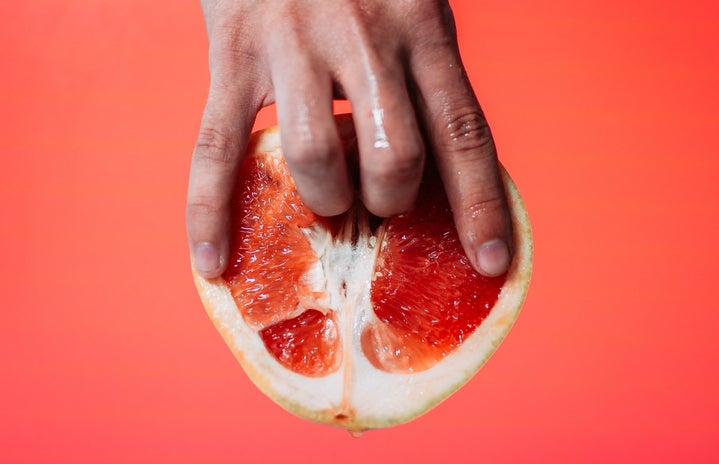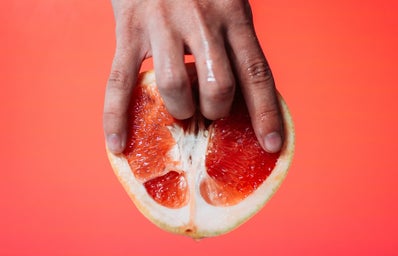The concept of virginity is one of, if not the single most damaging concept to women in their thoughts and ideas around sex and sexuality. The idea of virginity was a concept designed by the Ancient Greeks, a staunchly patriarchal society on mass disregarded women and treated them as second class citizens. This fact alone should be enough for you to disregard the concept entirely.
According to the Collins Dictionary , virginity simply means ‘the state of not having sex’, however the concept holds major social and cultural weight, particularly for women. For example, religious elements to virginity often goes many steps further, advocating for abstinence as a form of self-preservation, as if there are monumental changes and deep shame to fulfilling perfectly normal and palatable sexual wants (which there aren’t).
Not only is the concept of virginity often restrictive in that it limits individuals, but it also has limitations socially. The idea of chastity, as thought up by religious male leaders, simply ignores anything that isn’t heterosexual and cisgender. As the loss of virginity is traditionally described as penetration of a penis into a vagina, the concept simply does not hold up in today’s more progressive society as not all sexual encounters follow this heterosexual performance.
Diving deeper into identities, the cruel paradox of virginity is that in many cases, women are pressured in abstinence and made to feel lesser after having engaged in sexual activity, yet are declared ‘broken’ or ’damaged’ if they consider themselves on the asexual or aromantic spectrums.
Scientifically, ‘virginity’ is not a usable concept. There is literally no empirical evidence to suggest that virginity can be proven. You simply cannot tell under examination if a woman has experienced a sexual experience or not. Furthermore, while for some, it may seem redundant to mention, it is worth noting that as virginity isn’t real, it therefore has no impact on someone’s self-worth, respect, or ability to be in healthy relationships.
But Iona, you’ve only mentioned women and female pronouns so far, what about the men?
Well, while men do experience their own trauma surrounding the concept of virginity, primarily, the toxic masculinity that penetrates the idea of taking the virginity of someone else, the importance of virginity is always stressed innumerably on women. The sanctity of virginity is currently, and has historically, been overtly more important for women than that of their male counterparts.
For example, a study produced in 2016 revealed men were less likely to view engaging in oral sex as losing your virginity compared to women. They felt almost no self-guilt in engaging in such acts, whereas women often felt high levels of self-questioning and guilt. This perfectly illustrates the way in which virginity as a concept damages women more than men.
With all of this being said, and the concept of virginity thoroughly being thrown into the trash, how do we move forward? How do we explain having sex for the first time without the toxic notion of virginity?
Destigmatisation of sex and a stronger understanding of how sexual organs actually work is of paramount importance if we want to educate young people on how to have safe, consensual sexual experiences. Of course, comprehensive sex education should be in place and in Scotland there are statutory guidelines put in place by the Scottish government that are comprehensive and deal not just with sex, but sexuality and gender in society. However, these are only guidelines and many faith schools, who teach 1 in 5 children in schools, often do not teach the full curriculum as set by the government. Therefore, it is important for young people to have access to resources out with schools to better their understanding.
So, to recap, there is an unmistakable responsibility we all share to ensure everyone is correctly educated on sex and sexual health, and the myth of virginity is just that – a myth.


